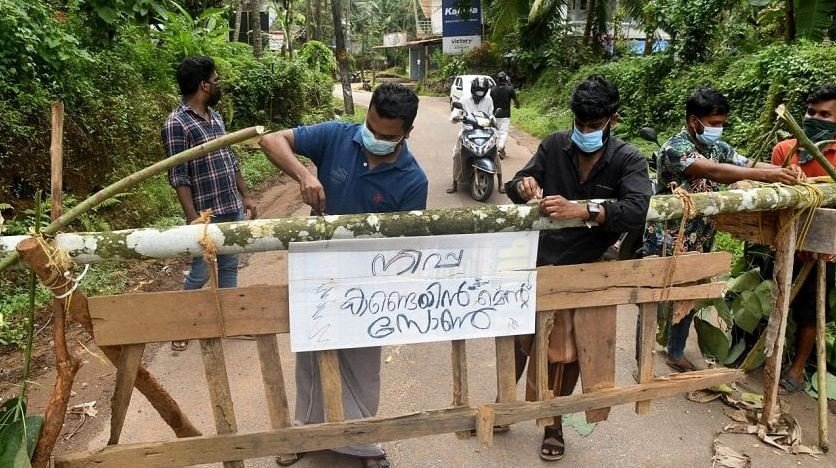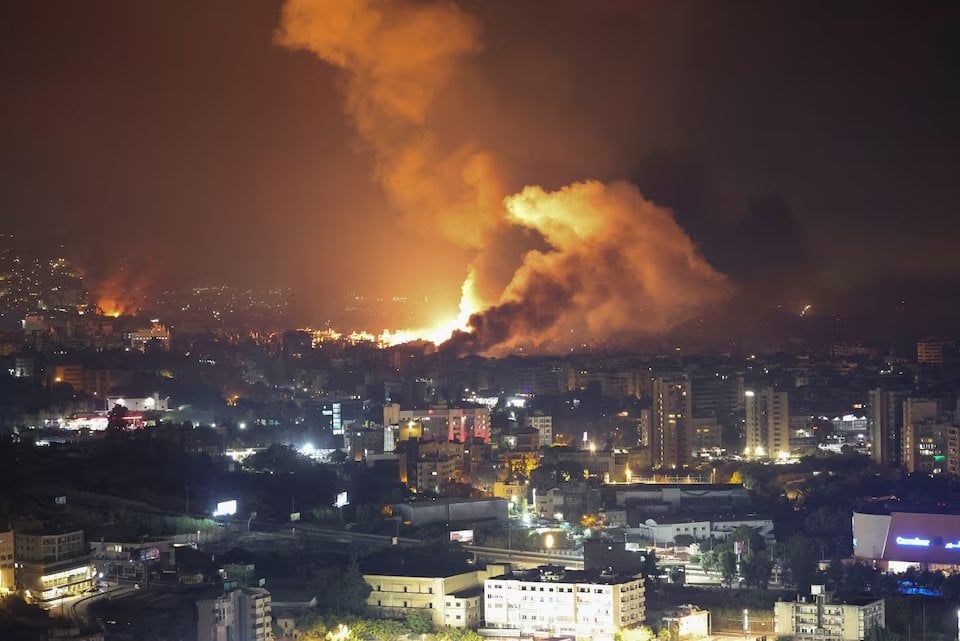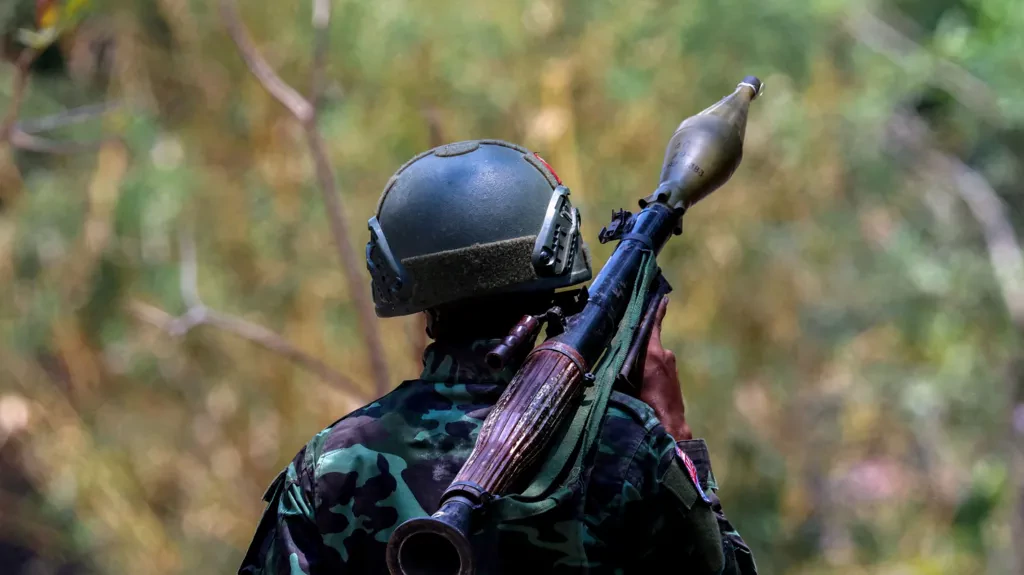Nipah virus outbreak in India: 2 dead so far

Sep 14: India’s southern Kerala state has shut down schools and offices and declared containment zones in parts of the state amid the risk of an outbreak of the Nipah virus following the death of two people from the rare and deadly brain-damaging viral disease.
More than 130 people have so far been tested for the virus in the wake of its fourth outbreak since 2018. At least 21 died in the 2018 outbreak.
The state’s health ministry on Wednesday imposed strict isolation rules.
Here is what is known about the virus:
According to the Centers for Disease Control and Prevention (CDC), the Nipah virus (NiV) was first discovered in 1999 following an epidemic of the disease in pigs and people in Malaysia and Singapore, resulting in nearly 300 human cases and more than 100 deaths.
The outbreak caused substantial economic impact as more than one million pigs were culled to help control the spread of the disease.
Although no other known outbreaks of NiV have been reported in Malaysia and Singapore since 1999, cases have been recorded almost annually in some parts of Asia since – mainly Bangladesh and India.
NiV is a zoonotic virus, meaning that it initially spreads between animals and people, explained the CDC in a statement published in 2020. The animal host reservoir for NiV is the fruit bat (genus Pteropus), also known as the flying fox.
The virus can be spread by fruit bats, pigs and through human-to-human contact (such as saliva or urine). The initial contamination from an animal to a person is known as a spillover event, and once a person is infected, the human-to-human spread of NiV can occur.
Human infections range from asymptomatic infection to acute respiratory infection (mild, severe), and encephalitis (brain swelling), which can lead to coma within 24-48 hours. Encephalitis has a mortality rate of 40-75 percent, according to World Health Organization (WHO) data.
Those who survive acute encephalitis can make a full recovery, but long-term neurologic conditions have been reported in survivors, such as seizure disorder and personality changes. A small percentage of survivors “subsequently relapse or develop delayed onset encephalitis”, said the WHO.
Currently, there are no vaccines available against the Nipah virus. Based on the experience gained and information collected during previous epidemics, routine and thorough cleaning and disinfection of pig farms with appropriate detergents may be effective in preventing infection.
In the case of animals, if an outbreak is suspected, the premises should be quarantined immediately. The WHO has also suggested the “culling of infected animals – with close supervision of burial or incineration of carcasses – may be necessary to reduce the risk of transmission to people.”
(Al Jazeera)










Leave Comment